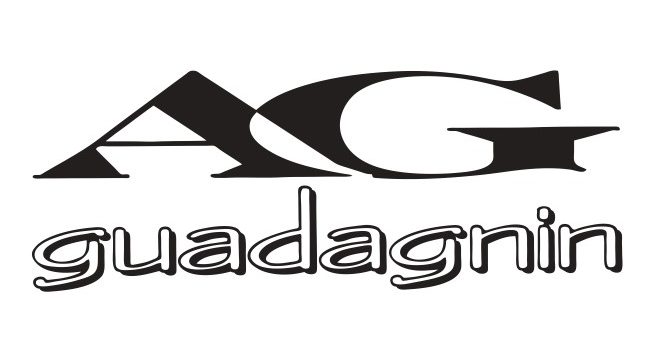Thanks to the results obtained from the previous project, FFC#15/2020, the researchers discovered the involvement of the STING protein and type I interferon (IFN1) in the immune response against infections. Researchers have also recently shown that inhibition of transglutaminase 2 (TG2), a multifunctional enzyme that modifies other proteins, causes an enhanced anti-microbial response and that TG2 may regulate STING, reinforcing its implication in the host response to bacteria. Project FFC#15/2020 revealed that the STING protein is defective in both the human and mouse models of CF. The goal of this new project is to better characterize STING in CF models with the aim of finding new possible targets for the development of specific therapies, called host-directed therapies (HDT), i.e. therapies capable of increasing host defense mechanisms or modulate excessive inflammation, leading to better clinical treatment outcomes. The research team will validate the results obtained from mouse models in cell samples from people with CF and will also evaluate the involvement of STING in other CFTR mutations besides F508del. The development of HDT is a promising new approach to modulate the host immune response with the aim of limiting bacterial infections.
CHI HA ADOTTATO IL PROGETTO

€ 68.500

€ 9.000
Antonio Guadagnin & Figlio Srl

€ 8.000
